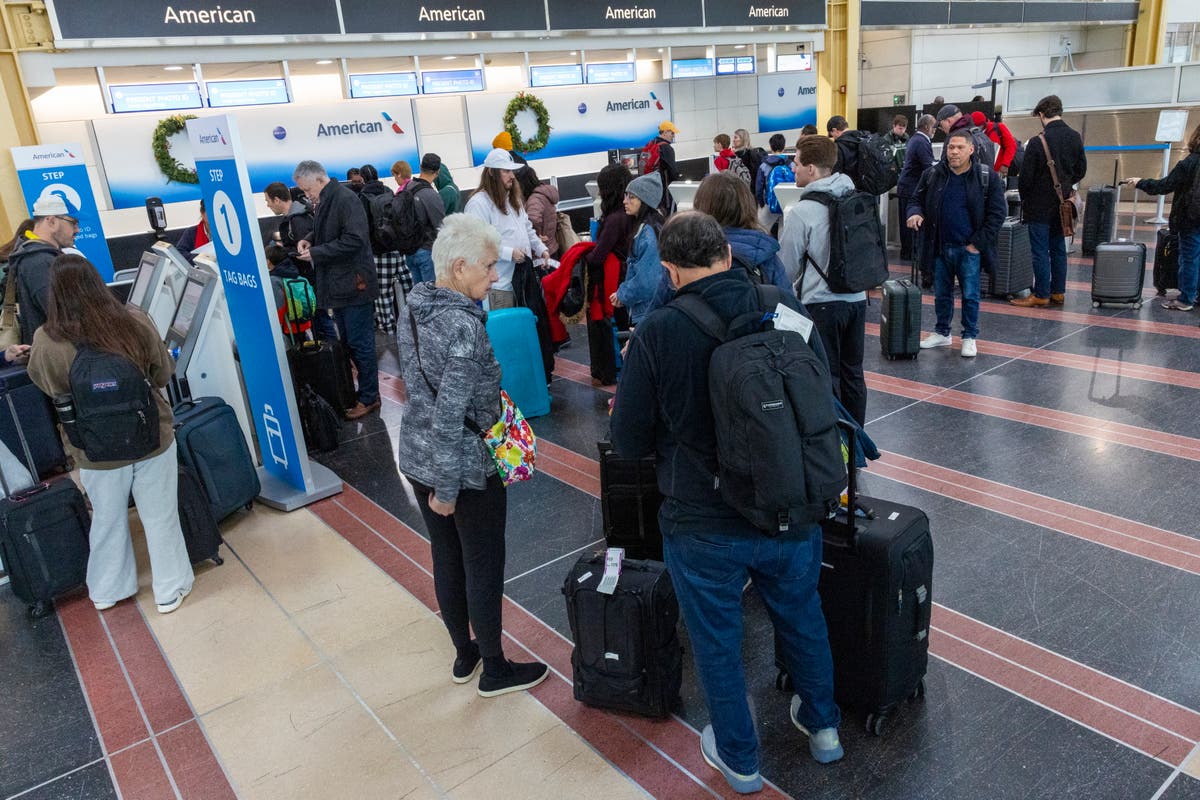Bussiness
U.S. border rules have dog breeders thinking twice about taking their business south | CBC News

New requirements for dog owners crossing the U.S. – Canada border could make travel and business more complicated for people whose livelihoods revolve around the furry companions, according to a breeder from Sarnia, Ont.
Sheila Taylor, a long-time breeder, said as the implementation of new rules approaches, concerns continue to mount.
“People are going ‘My god, I guess we’re not going to be able to go,'” she said. “A lot of people are saying ‘I’m not doing it’, so I guess I’m not going to the U.S. to [dog shows].”
In May, the U.S. Centre for Disease Control (CDC) announced changes to the requirements for dog owners entering the United States. Dogs must be at least 6 months old, have an implanted microchip, and owners must fill out a CDC Dog Import Form — with photo ID — that is endorsed by a licensed veterinarian.
People are going ‘My god, I guess we’re not going to be able to go’– Sheila Taylor
Taylor has bred Keeshonds for fourty years both as pets, and show animals. A third of her business comes from U.S. residents who cross the border specifically to buy dogs from her, she said.
She currently has four families in the U.S. waiting to purchase a dog, but said they’re hesitant to commit because of the upcoming changes.
“They’re sort of waiting to see what the rules are going to be and are they able to purchase a puppy in Canada,” she said.
The rules could also impact Taylor’s ability to travel to the U.S. to either breed or sell puppies to prospective clients, who typically want to purchase show dogs when they are younger and easier to train, she added.
“It could have a large impact on my business because I am so close to the border.”
Rabies the Primary Concern
In a recent press conference, Health Minister Mark Holland expressed surprise at the rules. He acknowledged that the primary motivation for the stricter border requirements was preventing the spread of rabies in the U.S.. However he countered that Canada is not a source country for rabies.
“Canada is free of dog-maintained rabies virus variant (DMRVV), also known as dog rabies, and shares the same rabies free status as the United States,” Holland said in a subsequent written statement.
Health Minister Mark Holland says new import requirements for dogs entering the U.S. from Canada may raise ‘potential negative impacts’ for both Canadians and Americans.
Canada not a High Risk Country for Rabies
Veterinarians throughout the province agree with assessment, saying pet owners, breeders and trainers have long crossed the U.S. border without significant issue.
“[Rabies] should be taken seriously, however punishing a low-risk rabies country seems like overkill,” said Kate Sweetman, who owns and operates Downtown Veterinary hospital in Windsor.
In the past, Canada has imposed similar rules and bans on more than 50 high risk countries to prevent the spread of rabies. These included Ukraine, Russia, Colombia, Egypt, and Kenya.

Sweetman said Canada is not considered high risk however, and that there should be some leeway granted in this case. Health Minister Holland is currently seeking an exemption from the CDC for dogs entering the U.S. from Canada — a move that Sweetman agrees with.
“I like the privilege of travelling with my dog wherever I go and ease of travel,” she said. “So I appreciate that our government is fighting for that right.”
The new rules come into effect on Aug. 1.










